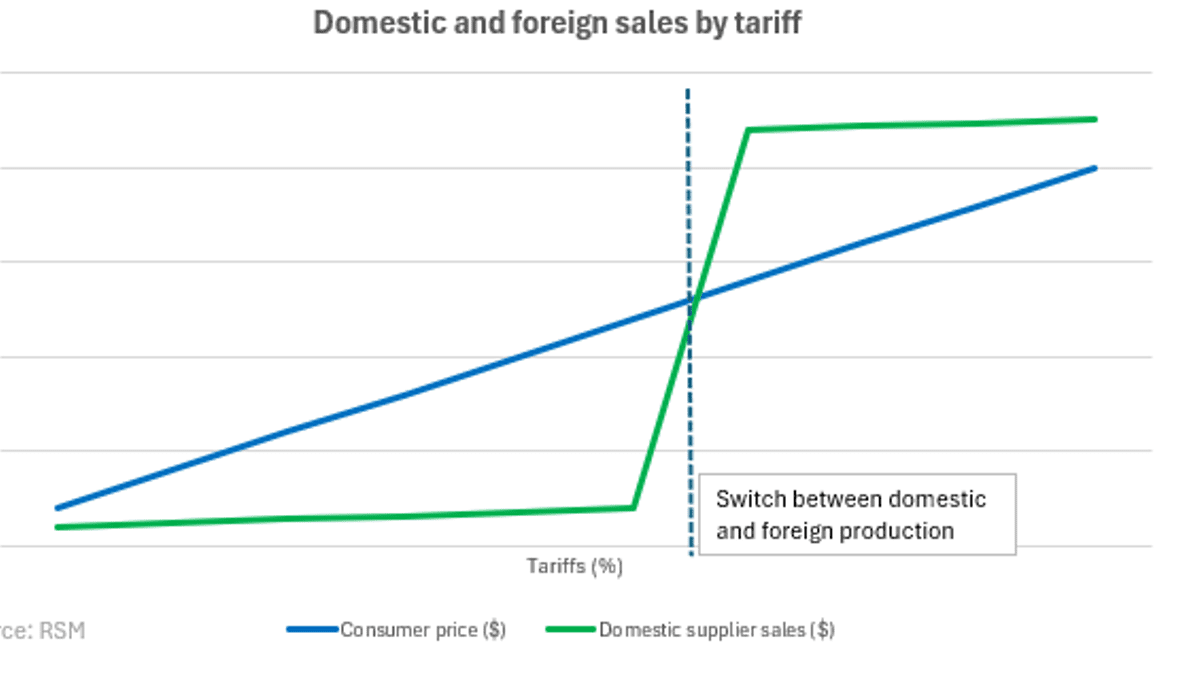Expanding a business internationally offers significant growth potential but requires a comprehensive understanding of international tax compliance. Planning for these tax obligations is essential to minimize penalties and optimize tax structure.
Key Tax Considerations
When expanding into new markets, businesses must address important factors, including tax residency, local corporate tax rates, VAT/GST, withholding taxes, and transfer pricing regulations. Each country’s tax requirements affect reporting and overall tax obligations.
Key questions to consider:
- Entity Structure: Should you establish a branch or an entity? Branches can US simplify reporting but may increase tax liabilities and open the US company to foreign jurisdiction.
- Local Presence: Having employees in a foreign country may establish a tax nexus, subjecting the business to local tax laws.
- Cross-Border Transactions: Payments such as dividends or royalties may require withholding taxes, affecting cash flow, and trigger taxable income in one or more jurisdictions
- Tax Treaties: Tax treaties between countries can reduce or eliminate withholding taxes and prevent double taxation, making it essential to understand the treaty benefits for each market.
Ensuring Compliance Across Borders
Adhering to international tax laws requires thorough analysis and close collaboration with local tax advisors. Proper accounting and reporting systems are essential for tracking transactions, filing returns, and ensuring timely payments. Assigning a finance contact in each jurisdiction, rather than relying on a single compliance point, helps ensure accountability.
Given that international tax laws change frequently, businesses should stay updated by working with tax advisory services and compliance software that provide real-time information.
Managing Transfer Pricing
Transfer pricing—the pricing of transactions between related entities—is one of the most complex areas of international tax compliance. These intercompany transactions must be conducted at arm’s length, reflecting the terms of transactions with unrelated parties. This is crucial to avoid penalties, double taxation, and disputes with tax authorities. Adhering to guidelines set by the Organization for Economic Cooperation and Development (OECD) and others. Investing in a robust transfer pricing strategy can help businesses avoid costly audits and ensure compliance.
Leveraging Foreign Tax Credits (FTCs) to Minimize Double Taxation
Double taxation occurs when the same income is taxed in multiple countries. Foreign tax credits (FTCs) allow businesses to offset taxes paid abroad against their domestic tax obligations, reducing this burden. Recent changes in FTC rules, however, mean stricter criteria must be met, emphasizing the need to understand each country’s specific tax policies.
Utilizing tax treaties between countries is another effective way to minimize double taxation. By structuring operations to leverage these treaties, businesses can often reduce withholding taxes on cross-border payments, such as dividends, interest, and royalties.
Additional considerations include:
- understanding the tax implications of income repatriation,
- managing passive foreign investment company (PFIC) rules,
- addressing the impact of Subpart F and Global Intangible Low-Taxed Income (GILTI) tax, which are regimes to prevent deferral of US tax on foreign subsidiary income
- understanding local taxes like VAT, which can all affect the global tax burden.
Direct vs. Indirect Taxes
Understanding both direct and indirect taxes is critical. Direct taxes, such as corporate income tax, directly affect a company’s net income. Indirect taxes, like VAT/GST, are often passed on to the consumer and may not impact net income directly. Businesses serve as intermediaries, collecting indirect taxes on behalf of the government.
Vast Growth Potential – Demands Careful Attention
Expanding internationally brings opportunities for growth but requires a strategic approach to tax compliance. By evaluating residency, structuring, local presence, and treaty benefits, you can manage compliance and tax effectively. Utilizing foreign tax credits, tax treaties, and robust transfer pricing strategies also helps reduce the tax burden and minimizes compliance risks.
Ready to expand across borders?
Connect with our knowledgeable tax advisors to ensure your international tax compliance is in good hands. Whether you need guidance on structuring, compliance tracking, or managing double taxation risks, we’re here to support your growth journey across borders.






